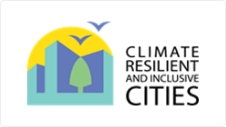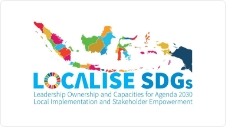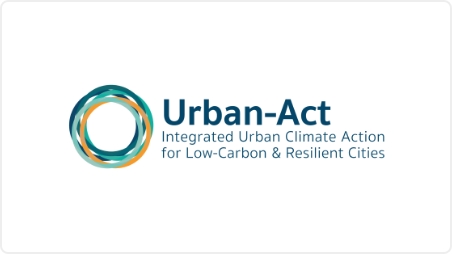Programmes & Projects
Public Space
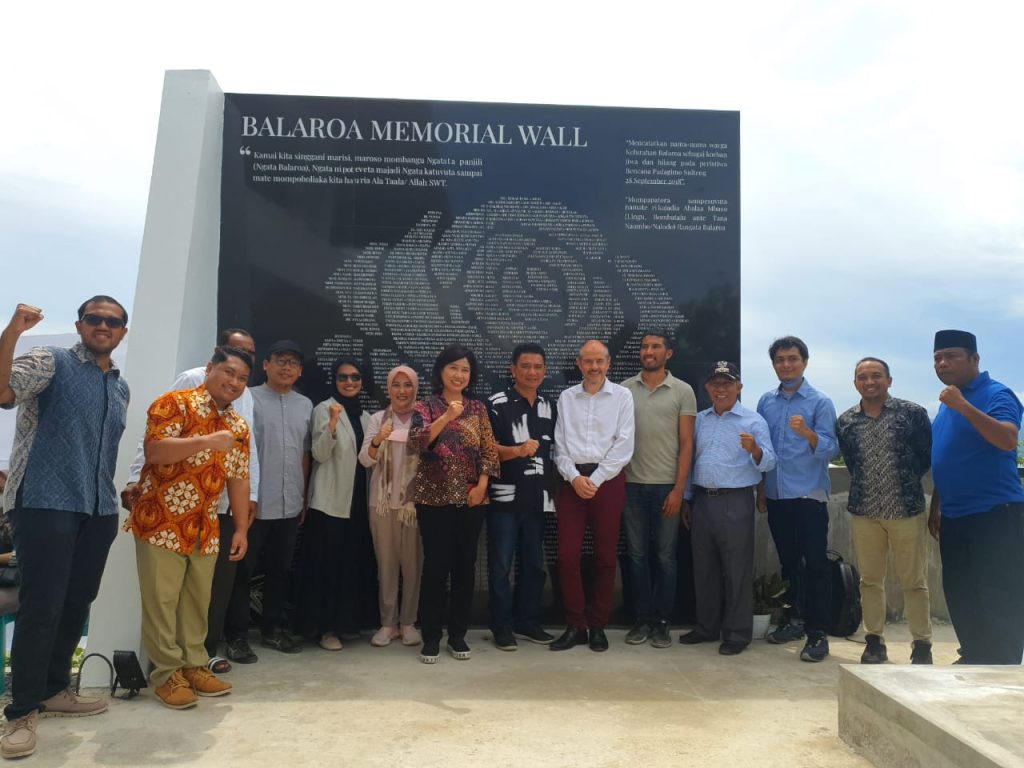
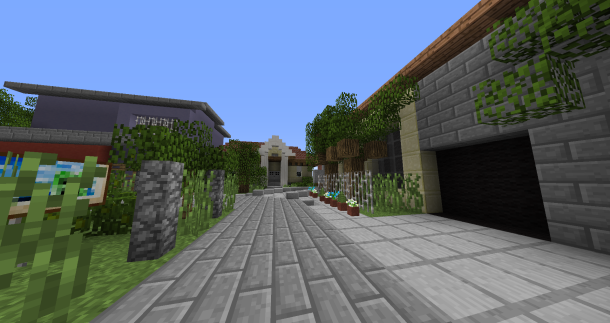
Channel Hub:
It is estimated that more than half of the world’s population lives in cities, and the number of urban dwellers is set to double in the next several decades, with nearly 3.5 billion in 2050. However, at the same time UN Habitat also estimated that Asia-Pacific also has the largest concentration of people experiencing urban poverty, living in slums or informal settlements.
UCLG ASPAC acknowledges this and seeks to improve situations as cities that improve quality of life for its citizens experience higher levels of prosperity; finding themselves more advanced in terms of sustainability and citizen welfare. This means that citizens are able to enjoy their rights and opportunities to lead meaningful just lives, and feel more fulfilled. One of the ways to enable this is by improving the provision and use of public space.
In Indonesia, UN-Habitat works together with UCLG ASPAC to encourage efforts on public space development and improvement. Surabaya, as one of the top big cities in Indonesia and the second most populated city in the country, was chosen as the first city to implement the Project for Public Space. The city puts a high priority on environment management and has successfully changed its face from dirty and dry to a green and clean city. UCLG ASPAC also collaborated with Surabaya in the issue of public space as it is also a first step toward civic empowerment and greater access to institutional and political spaces. That is why the project also involved the surrounding community, including youth groups in the process of design, implementation, and monitoring.
A unique quality of the project also involved utilising technology at the initial design phase, using a game to create community engagement project to develop public space at the initial, in the aim of drawing more interest to the youth and community group. It involved using a Minecraft game in designing the public space plan with the targeted groups, which also involved local government officials to ensure the bottom-up approach was in line with existing rules and regulations at the time, as well as urban and spatial planning of the city.
The Power of Public Space during Times of Disasters
As it can be seen, UCLG ASPAC has expressed a strong and clear commitment of empowering city and local governments in establishing green, safe, inclusive, accessible and interconnected public spaces.
However, there is also an opportunity for public spaces to be an excellent symbol for resilience and hope in times of disasters, that is attributed to the negative implications of rapid urbanisation. Furthermore, climate change is also bringing more climate-related disaster risks in cities, thus putting cities even more at the centre on the path of sustainable development.
For example, UCLG ASPAC, UCLG World, the Cites Unies Frace (CUF), together with local government and local people of Palu City, Central Sulawesi celebrated the collaboration on the support to the recovery of Palu City from Tsunami, earthquake, and liquefication disasters occurred in 2018 through the launching ceremony of public space and Balaroa memorial wall.
The public space was constructed in the Balaroa area where the victims of disasters reside in permanent housing built by the local government. The built public space was very much welcomed by the affected community as they finally have a space for their communal activities.












